Developing AI Solutions for Osteosarcoma Care
The proposed Accuratus OncoAI (AOAI) Platform will be the first comprehensive, AI-driven research infrastructure specifically designed for adolescent and young adult osteosarcoma care in Canada. Through systematic development over eight years, AOAI will transform how oncologists predict treatment responses, match patients to clinical trials, and make evidence-based decisions for one of the most challenging rare cancers affecting young people.
The Osteosarcoma Challenge
-
Treatment Stagnation
Osteosarcoma treatment protocols remain largely unchanged since the 1980s, with 5-year survival rates plateaued at approximately 70% for localized disease and 20% for metastatic disease. Despite significant advances in genomic medicine for common cancers, the 400-500 Canadian families affected by osteosarcoma annually continue to navigate treatment decisions with limited evidence-based guidance.
-
Genomic Complexity
Osteosarcoma exhibits extreme genomic instability, including chromothripsis events and complex structural rearrangements that create substantial heterogeneity even within individual tumors. This genomic chaos has historically confounded traditional biomarker discovery approaches and contributed to the limited therapeutic progress over the past four decades.
-
Care Transition Gaps
Adolescent and young adult patients often fall between pediatric and adult oncology systems, receiving less standardized care and having reduced access to clinical trials compared to their pediatric counterparts. This transition population faces unique challenges in treatment decision-making and long-term care planning.
-
Research Underinvestment
The rare nature of osteosarcoma limits commercial research investment, while the complexity of the disease has challenged academic research efforts. Data remains fragmented across institutions, preventing the collaborative analysis necessary for meaningful insights in small patient populations.
Our Solution: The AOAI Platform
AOAI will address these challenges through a federated, AI-powered research platform that emphasizes biological discovery and clinical utility validation over immediate commercial deployment. The platform will operate under a conservative validation timeline that respects the 5+ year follow-up periods necessary for meaningful osteosarcoma outcome assessment.
Research-First Development Strategy
Rather than attempting immediate clinical deployment, AOAI will systematically build from research tool to clinical decision support over eight years:
Years 1-2: Research infrastructure and comprehensive biomarker discovery
Years 2-3: Treatment response prediction model development and validation
Years 3-4: Clinical trial stratification and workflow integration
Years 5-6: Long-term outcome validation and regulatory preparation
Years 7-8: Health Canada approval and clinical deployment
Primary Clinical Focus: Treatment Response Prediction
AOAI's planned initial clinical target will address the most immediate and actionable decision point in osteosarcoma care: predicting which patients will respond to standard chemotherapy protocols. This 10-12 week timeline will allow for meaningful treatment adjustments while building credibility for longer-term outcome predictions.
